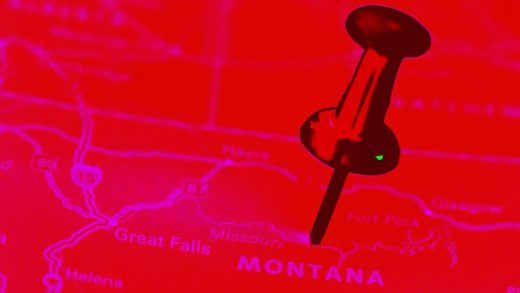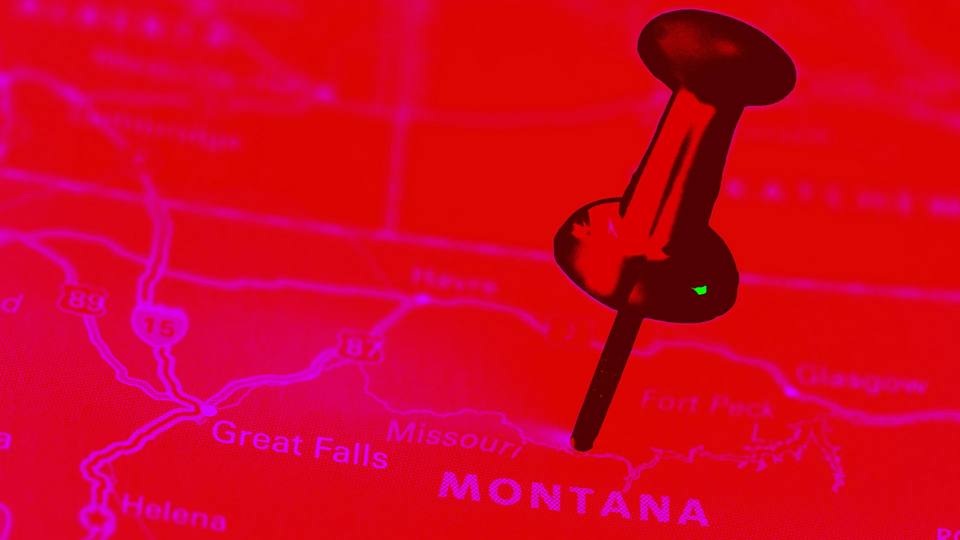How this Montana gas station chain is using traffic data to build a mini empire of local hotels
How this Montana gas station chain is using traffic data to build a mini empire of local hotels
Town Pump, known by locals for its ubiquitous red-and-blue signs, is capitalizing on Big Sky Country’s unique allure among American road-trippers.
Filling up the gas tank before or after a night at a chain hotel is a pretty common one-two punch for road trippers. One Montana-based company is capturing this dynamic with an expanding number of hotels that are often a stone’s throw from one of its hundreds of gas stations.
Town Pump operates a chain of ubiquitous gas stations across Montana. The company is slated to open two hotels in the next year in Belgrade and Bozeman. These cities sit less than 20 minutes apart and are in one of the most touristy areas of the state, thanks to the proximity of several ski resorts and Yellowstone National Park.
Among Town Pump’s soon-to-be portfolio of 16 hotels, a vast majority are located along the busy interstate corridors of I-90, I-15, and I-94. And they’re typically mere blocks away from a Town Pump gas station. The new hotels will be InterContinental Hotels Group-owned Atwell Suites, the first locations in the state. Other Town Pump-owned hotels include Comfort Inn, Quality Inn, and Sleep Inn franchises, which are part of Choice Hotels International, and Super 8, a brand within Wyndham Hotels & Resorts.
Ownership undercover
Thanks to this franchise model, visitors probably don’t even realize the hotel where they’re staying is owned by the same company as the nearby gas station. Town Pump selects hotel brands based on what will work best for each location, notes Bill McGladdery, the company’s communications director. Town Pump happens to have some pretty valuable information on which to base these decisions since it monitors traffic counts at all locations, he tells Fast Company.
Montana is a particularly popular destination for road trips. Last year, the state welcomed 12.5 million nonresidents who spent some $1.25 billion on gasoline and diesel, according to a study by the University of Montana’s Institute for Tourism and Recreation Research. The study estimated that fuel spending accounted for more than 20% of total tourism-related revenue.
Why hotels?
During the 1990s, Town Pump began diversifying beyond gas stations to include truck stops, car washes, laundromats, quick-serve delis, and gaming operations—all part of a “whole package” concept that’s core to the company’s long-term strategy.
“We saw hotels as a natural extension of our gas stations,” McGladdery says.
That focus on diversification may soon prove all the more prescient. By 2030, the International Energy Agency forecasts that 50% of global car sales will be electric vehicles, which means traditional gas stations will need to adapt or risk going out of business.
Still, the number of convenience stores that sell fuel grew 2.9% in 2023, to more than 120,000 locations. And recent years have seen some companies opening bigger and bigger gas stations, including Buc-ee’s claim to “the world’s largest gas station” in Tennessee that has 120 gas pumps.
Venturing into the hotel business isn’t so common in this industry — other popular gas station chains, like Buc-ee’s, QuikTrip, RaceTrac, Wawa, and Sheetz, haven’t made similar moves. One notable exception is Love’s Travel Stops & Country Stores, which operates 17 hotels, a mere fraction of its 640-plus locations that include gas stations, convenience stores, fast-food restaurants, and shower rooms.
Town Pump’s hotel group is similarly small in proportion to its lineup of 106 gas station/convenience stores and 120 casinos, notes McGladdery. But hotels are also a long-standing and important piece of the family-owned company, which was founded in 1953 by Tom and Mary Kenneally in Butte.
While the company’s foray into hotels has been “successful” and the number of locations has more-than doubled in the past decade, McGladdery says Town Pump doesn’t aggressively seek out new locations. “It’s more as the opportunity arises.”
ABOUT THE AUTHOR
(27)



